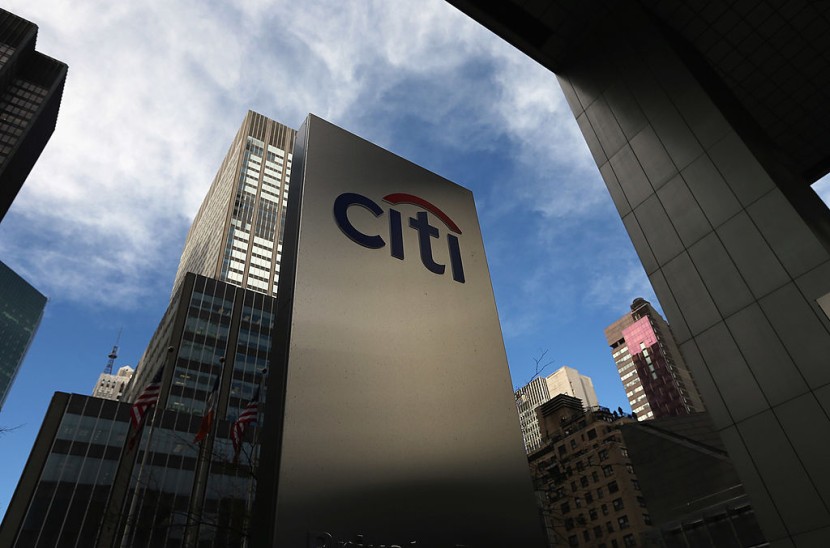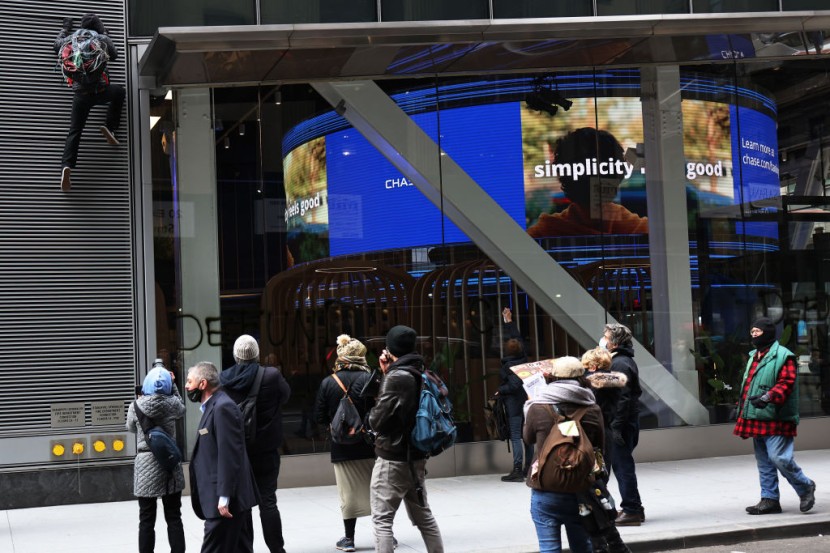Climate change protesters blocked the headquarters of Citigroup in New York City. Their demonstration happened on Thursday, Sept. 14. Because of their actions, the investment bank's customers who were entering the building were affected.
Climate Change Protesters Block Citigroup NYC

According to Fox Business' latest report, the protesters involved in the latest Citigroup headquarters disruption are members of the Stop the Money Pipeline and the New York Communities for Change.
These activist groups already confirmed last week, via an advisory, that their demonstrations will lead to "civil disobedience" outside the financial company's Manhattan building.
The disruptive demonstrations were done to protest against Citi's financial banking on coal, oil, and gas industries.
The New York Police Department said that the climate change protests involved around 150 people; some of them were wearing hazmat suits.
Police officials confirmed that they arrested 24 of these protesters and taken them into custody. Thanks to their efforts, the Citigroup headquarters' entrances were cleared, allowing employees and clients to enter the establishment.
"While we respect the right to protest, activists do not have the right to prevent people from entering our building or customers from entering our branch," said a Citigroup spokesperson.
He added that these climate change demonstrators already have the opportunity to conduct their protest peacefully.
However, they decided to make their demonstrations disruptive instead.
Are Disruptive Protests Effective?

DW explained that protesters who take provocative and radical demonstrations could risk repression from authorities.
Aside from this, their disruptive tactics can also make them lose some of their allies, especially those who promote peaceful protests.
Recent studies claim that the disruptive tactics of protesters can sometimes yield significant advantages for their cause.
But, Eric Shuman, a psychology of protest and collective action expert at the University of Groningen, said that peaceful protests are still more effective when it comes to persuading the public to support them.
However, Shuman clarified that if demonstrators want to change the attitude of "ambivalent" individuals, then disruptive protests are found to be more efficient.
Based on these details, the kind of protests that activists conduct will always depend on their targeted audiences; if the people they want to persuade are ambivalent or sympathetic.
© 2025 HNGN, All rights reserved. Do not reproduce without permission.








